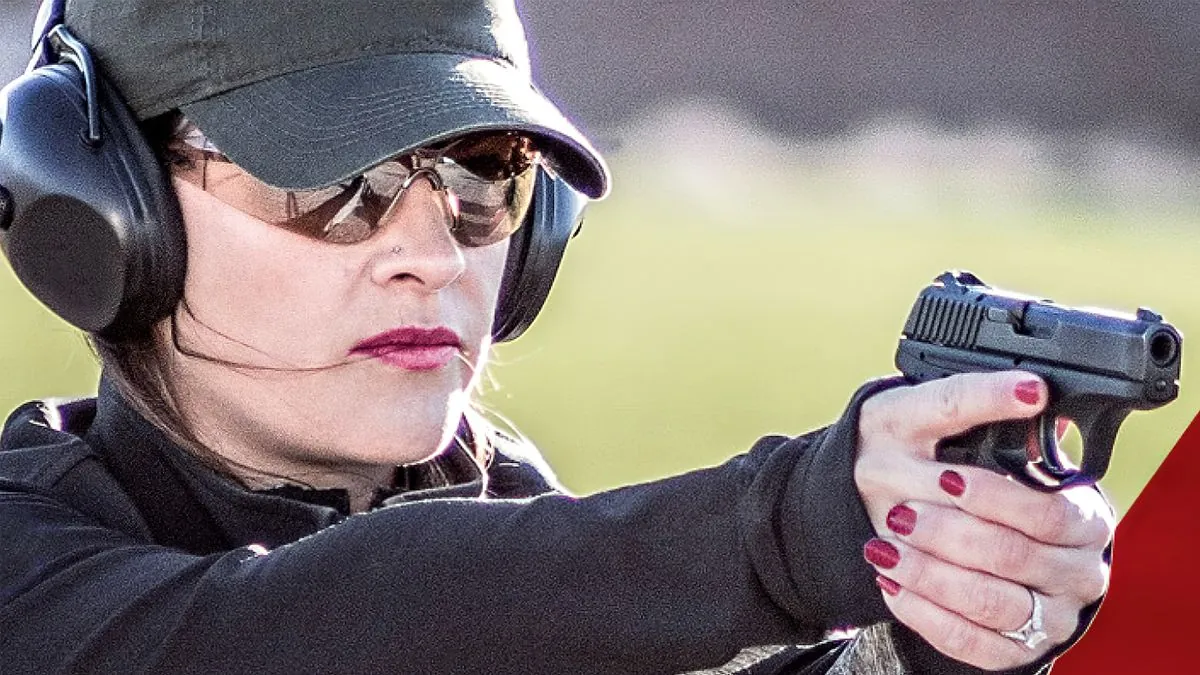Florida Jury to Decide Fate in Controversial Apartment Shooting Case
A Florida court is deliberating a case where a white woman fatally shot a Black mother through her apartment door. The incident, stemming from a dispute over children playing, has raised questions about self-defense claims.

In a case that has captured attention in central Florida, a jury is now tasked with determining whether Susan Lorincz, a 60-year-old white woman, was justified in her actions when she fired through her apartment door, resulting in the death of Ajike "A.J." Owens, a Black mother. The incident, which occurred approximately 14 months ago in Ocala, Florida, has brought to light complex issues surrounding self-defense claims and racial dynamics.
The events unfolded in a residential area of Ocala, a city known for its horse farms and home to about 60,000 residents. According to the defense, Lorincz had confronted neighborhood children playing outside her apartment, throwing skates at them. This action prompted Owens, the mother of several of the children, to approach Lorincz's apartment and knock forcefully on the door.
Defense attorney Morris Carranza argued that his client felt threatened by Owens' actions, stating, "A.J. was pounding, and she was cursing." He contended that Lorincz believed she had no choice but to fire her .380-caliber handgun, a weapon commonly chosen for self-defense due to its compact size.

Prosecutors, however, maintain that Owens was unarmed and that the apartment door was locked. This detail is crucial, as Florida's "Stand Your Ground" law, enacted in 2005, allows for the use of deadly force in self-defense without the duty to retreat. However, the law also stipulates that the use of force must be proportional to the perceived threat.
Yvonne Costa, a neighbor sharing a wall with Lorincz, provided testimony about the incident. She described hearing loud voices and intense pounding that shook the shared wall, followed by a gunshot. This eyewitness account may play a significant role in the jury's deliberations.
The case has raised questions about the application of self-defense laws and potential racial biases. Florida's gun laws are among the most permissive in the United States, with no permit required for firearm purchases. However, the state ranked 28th in gun death rates in 2022, indicating a complex relationship between gun ownership and safety.
Lorincz faces a manslaughter charge, which in Florida is classified as a second-degree felony. If convicted, she could face up to 30 years in prison. The prosecution's decision not to pursue a second-degree murder charge was based on insufficient evidence of "hatred, spite, ill will or evil intent" towards Owens.
As the trial progresses, the jury will need to consider the concept of "reasonable fear" and whether Lorincz's actions were justified under Florida law. The case highlights the ongoing debate surrounding self-defense claims, racial disparities in the application of these laws, and the impact of firearms in domestic disputes.
"We contemplated filing a second-degree murder charge but concluded there was insufficient evidence that Lorincz had hatred, spite, ill will or evil intent toward Owens."
The outcome of this trial may have far-reaching implications for similar cases in the future, potentially influencing how self-defense laws are interpreted and applied in Florida and beyond.


































